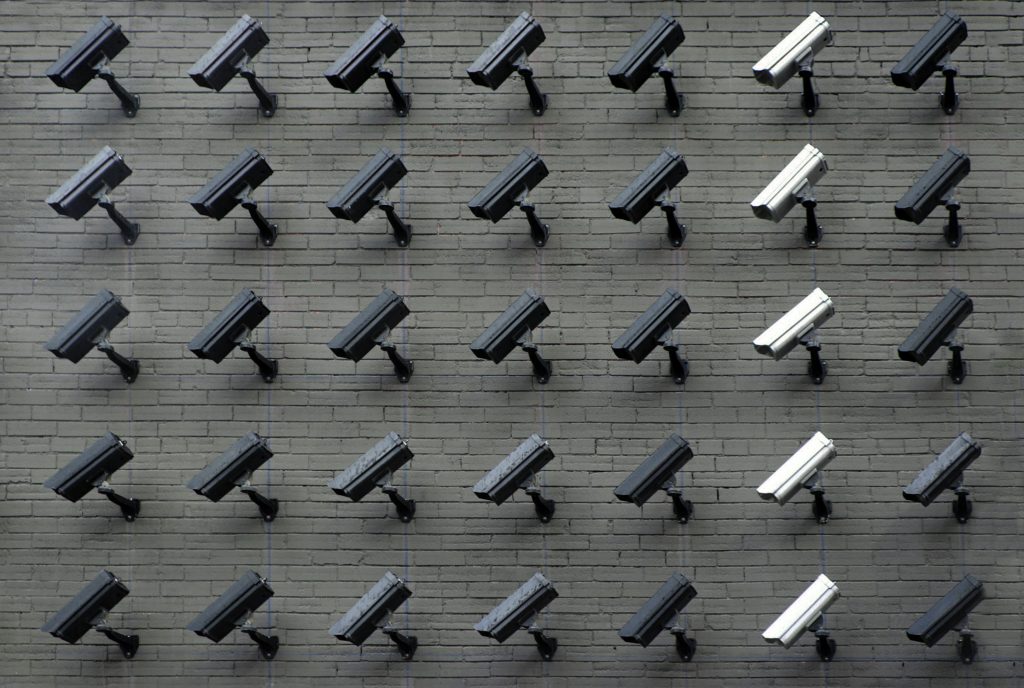Do Businesses Need to Be Essential?
PDF Available
By Grace Michele Duval*
During the COVID-19 pandemic, social distancing and the close of “non-essential” businesses mark a new normal in American public life. The dictionary defines essential as “absolutely necessary, indispensable.”[1] Essential has yet to become a legal term of art concerning classification of corporate entities but there has been some guidance.
42 U.S. Code § 5189e defines “essential service providers” for the purpose of major disaster assistance programs. Under this law, unless exceptional circumstances apply, in an emergency or major disaster, the government shall not “deny or impede access to the disaster site to an essential service provider whose access is necessary to restore and repair an essential service; or impede the restoration or repair of the services” to the greatest extent practical.[2] “Essential service providers” include communication service providers, utilities like power and gas, and “any other essential service, as determined by the President.”[3] “A private, for profit entity… contributing to efforts to respond to an emergency or major disaster” becomes essential under this law.[4]
While the US lacks a governing national standard to define “essential” operations during the current public health crisis, the Cybersecurity and Infrastructure Agency (CISA) issued an advisory list defining by example, including:
- Healthcare and Public Health
- Law Enforcement, Public Safety, and Public Responders
- Food and Agriculture
- Energy
- Water and Wastewater
- Transportation and Logistics, including Post and Shipping
- Public Works, including Media and IT
- Other Community-Based Government Operations and Essential Functions, such as government
- Critical Manufacturing
- Hazardous Material
- Financial Services
- Chemical
- Defense Industrial Base[5]
The majority of media coverage focuses on businesses with direct consumer interaction, so restaurants, gas stations, and grocery stores typify the “essential” business in the public mind. Liquor stores and outdoor recreation hover at the borders of this classification, creating discrepancies between states.
“Non-essential” seems close to a death sentence for a struggling small business. This classification requires the establishment to shut its doors to customers and any opportunity for profit. It’s no wonder smaller, customer-facing businesses have attempted to skirt the law by expanding into “essential” operations.[6] Tattoo parlors claim they sell medical supplies[7] while firearm vendors assert their constitutional claim to stay open.[8] Fortune quotes Center for Responsive Politics senior researcher Dan Auble as calling this crisis “an existential threat to just about every single business in the country in a way we haven’t seen.”[9]
However, consumers see little on the nightly news about larger corporations behind the scenes. Who are the winners and losers of the battle to be “essential” among retail, utilities, and manufacturing corporations? Auble’s research holds that if one knows the right people to call and how to present a case, “you can get on that [CISA essential operations] list.”[10] The America’s Power trade group, “a partnership of industries involved in producing electricity from coal,”[11] lobbied for inclusion in the updated CISA. As of March 28, the expanded guidance on “essential” businesses “highlights the coal supply chain as having a ‘special responsibility to maintain operations during the pandemic because it is ‘critical to ensuring the reliability of the electrical system.’”[12] Clearly, this is a victory in a struggling time.
Incoming data allows us to ask new questions. Is the label “essential” as vital as it seems? Should corporate counsel begin the process of aiding their clients in a transition to “essential” operations in preparation for future pandemics or the resurgence of COVID-19 during fall 2020?
The uncertainty about the future impact of COVID-19 and the legal definition of “essential” combine to make a definitive answer to these questions impossible. If one takes stocks as a sign of business health, the situation may not be as dire as it seems. Energy is the only industry whose stocks fell further from their high at this time than during the 2007-2009 recession.[13] However, many believe that the stock market is not directly connected to the country’s economic health. The fact that the Dow Jones Industrial Average just staged its best two-week performance since the 1930s during the current economic struggle underscores this fact.[14] For many corporate entities, the need to be “essential” may hinge on shareholder expectations.
In evaluating the need to be essential, corporate counsel should consider one’s industry and size, the definition provided by local, state, or federal law, and the government aid offered to non-essential businesses. In the end, the only advice that applies to attorneys working for companies of all sizes is to keep an eye on the developing situation and read government guidance carefully.
[1] Definition of Essential, Dictionary.com, https://www.dictionary.com/browse/essential (last visited April 26, 2020).
[2] 42 U.S.C.S. § 5189e (LexisNexis, Lexis Advance through Public Law 116-138, approved April 10, 2020).
[3] Id.
[4] Id.
[5] Memorandum on Identification of Essential Critical Infrastructure Workers During COVID-19 Response, Cybersecurity and Infrastructure Security Agency, https://www.cisa.gov/publication/guidance-essential- critical-infrastructure-workforce (Mar, 28, 2020).
[6] “Non-essential” Businesses Selling Essential Items in Attempt to Stay Open, Fox 17, https://www.fox17online.com/news/national/coronavirus/non-essential-businesses-selling-essential-items-in-attempt-to-stay-open (Mar. 27, 2020).
[7] Id.
[8] Ari Natter & Bloomberg, What Makes a Business Essential? Inside the Frantic Lobbying Efforts to Fit the Definition—and Make Trump’s List, Fᴏʀᴛᴜɴᴇ, Apr. 14, 2020.
[9] Id.
[10] Id.
[11] Press Release, America’s Power, Department of Homeland Security Designates Coal as ”Essential Critical Infrastructure” http://www.americaspower.org/press_release/department-of-homeland-security- designates-coal-as-essential-critical-infrastructure/ (March 28, 2020).
[12] Id.
[13] Nicolas Rapp, Brian O’Keefe, et al, How Every Sector of the S&P 500 Has Been Impacted by the Coronavirus Selloff, Fᴏʀᴛᴜɴᴇ, Apr. 16, 2020.
[14] Gunjan Banerji, The Stock Market Is Ignoring the Economy, Wᴀʟʟ Sᴛʀᴇᴇᴛ Jᴏᴜʀɴᴀʟ, Apr. 17, 2020.


